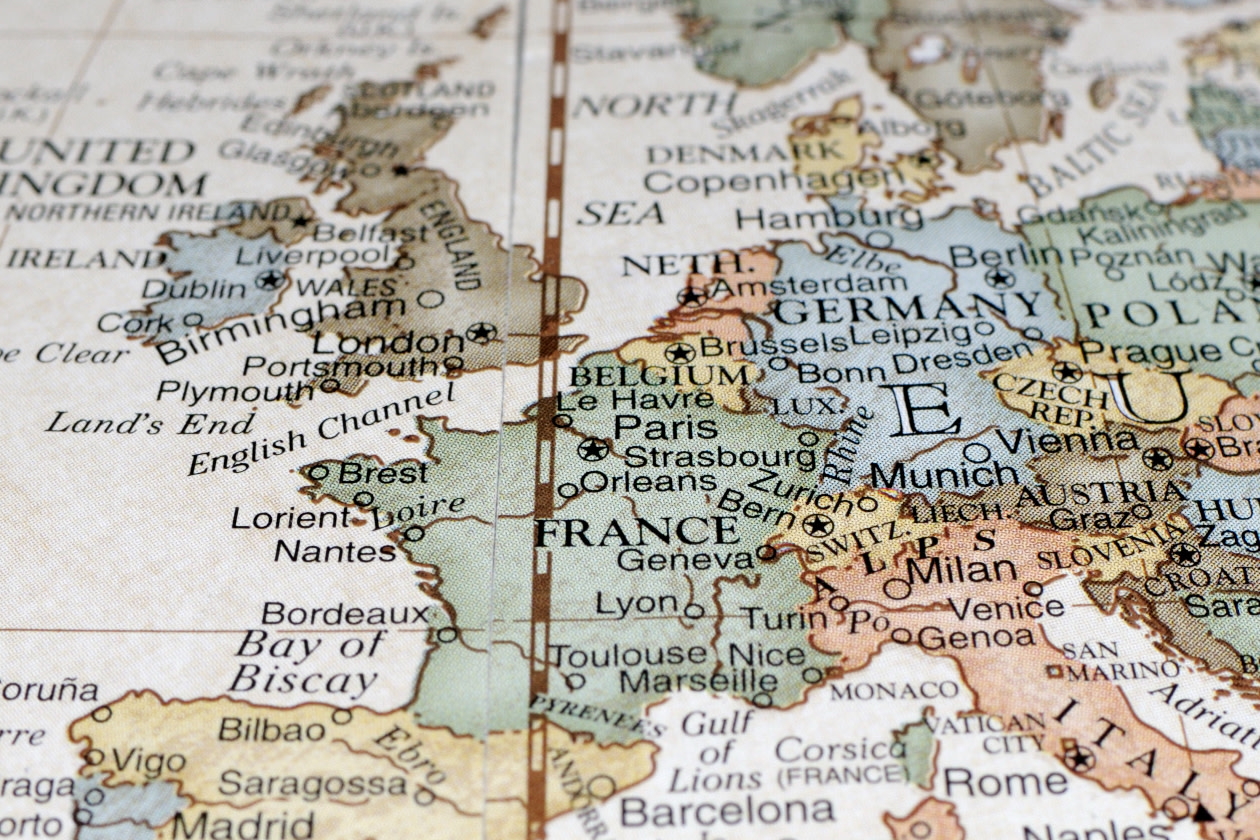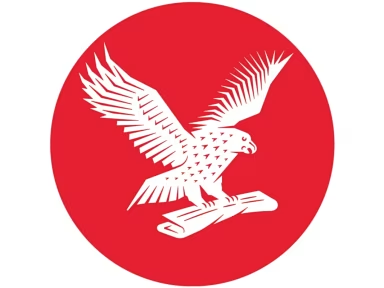Angela Merkel has admitted the EU was left feeling “abandoned” by the UK after its referendum result in June 2016, leading to the tumultuous years of Brexit negotiations.
The former German chancellor recalled the moment the British public decided with a majority of 52 per cent to leave the 27-country union, after years of uncertainty over its position due to immigration and financial issues.
During a talk to promote her new autobiography Freedom, Dr Merkel said: “We felt abandoned all of a sudden. Britain was an important European power.”
She added that the UK had bolstered ideas of globalisation in the EU, as well as maritime trade which were left “lacking”, and admitted that the decision to leave had saddened her.
Within her 700-page memoir, the 70-year-old former leader said she was “tormented” over the Brexit result and viewed it as a “humiliation, a disgrace” for the EU, and that she had sought to help David Cameron wherever possible.
However, she stressed that the UK had not helped itself by failing to introduce restrictions on eastern European workers when 10 new countries joined the bloc in 2004, giving Eurosceptics the opportunity to portray freedom of movement in a negative light.
Recalling the efforts which spanned years to reach a successful Brexit deal, Dr Merkel praised former prime minister Theresa May for the “enormous job” she undertook, and insisted that the EU members, including French president Emmanuel Macron, were “well-coordinated” in ensuring there wouldn’t be a disruptive settlement.
Reflecting on the UK’s potential dilemma of Sir Keir Starmer having to choose between closer relationships with the EU or Donald Trump’s US, she told the Southbank Centre on Wednesday evening: “I can only appeal that we not lose sight of one another.”
In a wide-ranging discussion from her childhood under East Germany’s communist GDR, to her relationship with Barack Obama and Vladimir Putin, Dr Merkel insisted she did not reject the decisions made during her 16-year premiership from 2005 to 2021.
Frequently referred to as “Mutti Merkel” or Mother Merkel, she navigated Europe’s most populous country through the financial crisis of 2008, the migration crisis in 2015 and the Covid-19 pandemic, and enjoyed high approval ratings among Germans.
However since leaving office, many of her decisions have been criticised, including tethering her country to Russia’s cheap gas with the signing of the Nord Stream 2 pipeline, and the rise of far-right party AfD, which gained popularity due to backlash to her opening the border to one million refugees.
Asked whether she regretted signing the deal with Putin to provide cheap gas to Germany, despite Russia only recently having occupied parts of Crimea in 2014, she explained that from her country’s vantage point, it was necessary for industrial purposes. She added that Ukraine had not opposed the deal as they were benefiting from transit fees, and told the audience: “In weighing all the pros and cons I had at my disposal at the time, I would still hold.”
She offered a similar response when asked if she regretted her reluctance to consider Ukraine for NATO membership in 2008, which her critics have argued may have prevented the war that has been ongoing since February 2022.
Asked whether she felt she could manage Putin or had underestimated him, she responded: “I don’t think I underestimated him because very early on I realised that he always tested you.”
“He always said that the worst event of the 20th century was the fall of the USSR,” she said. “For me that was the exact opposite.”
Recalling an encounter in 2007, she said that Putin had learned she was afraid of dogs having been badly bitten on one occasion, and insisted that his black Labrador Retriever join them for their meeting in the Russian city of Sochi.
With uncertainty looming over Trump’s continued support of Ukraine and NATO ahead of his second presidency, Dr Merkel stressed that Europe alone “cannot replace” the transatlantic treaty, and that the US was essential to maintaining security.
“I don’t think it would be a good thing for them to walk away,” she added. Asked if Germany was ready to lead the response to Russia’s aggression in Ukraine should the US withdraw its current level of support, she insisted that her country had “shown readiness” but added: “I hope we will do all of this together.”
When asked if she had any advice for Sir Keir Starmer on handling Trump, she urged any leader to “stand up for the interest of your country” and expressed her hope that current leaders would “show a united front, stand up for Europe”.
Her decision to allow over a million asylum seekers to cross the border into Germany, in the wake of the Syrian civil war, has attracted both praise and criticism. The far-right Alternative for Germany (AfD) is now polling second in national opinion polls and is bolstered by youth support, with one of its key lines of attack being immigration.
Asked if she believed her actions had contributed to the current political turmoil facing current chancellor Olaf Scholz and for “breathing life” into the AfD, she said her acceptance to take refugees was motivated by her desire for humane treatment for those suffering. “Just picture what these people suffered. It’s a decision that is a life decision, you leave everything behind.”
Referring to AfD’s rise to prominence, she said “Yes it is true, but on the other hand something had to be decided. An alternative would have been using water cannons to keep people from our border, but I would not have done that.”
Since leaving office nearly four years ago, Dr Merkel has largely retired from political life and immersed herself in the world of the arts. Reflecting on her 35 years walking the corridors of power, she told her audience: “I did whatever I could do within the remits of what I could do. I would say I’ve tried my level best.”
This article was written by Holly Evans from The Independent and was legally licensed through the DiveMarketplace by Industry Dive. Please direct all licensing questions to legal@industrydive.com.

